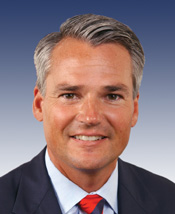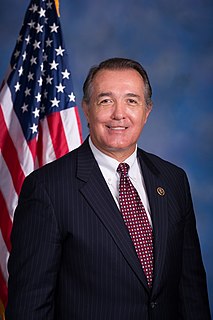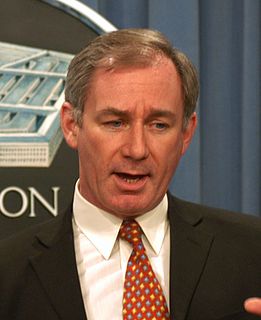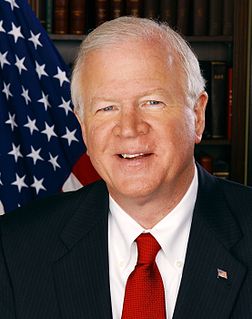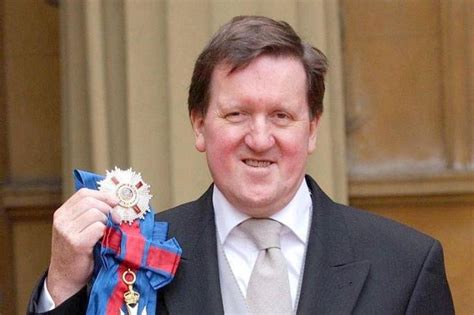A Quote by Barack Obama
We've evolved a lot since 9/11 also, in terms of our law enforcement capabilities, our intelligence capabilities, military, counterterrorism.
Related Quotes
Third, we will continue to draw on our substantial counterterrorism capabilities to prevent ISIL attacks. Working with our partners, we will redouble our efforts to cut off its funding; improve our intelligence; strengthen our defenses; counter its warped ideology; and stem the flow of foreign fighters into - and out of - the Middle East. And in two weeks, I will chair a meeting of the UN Security Council to further mobilize the international community around this effort.
There is no question in my mind that if we summon our resources, both our leadership resources and all of the tools at our disposal, not just military force, which should be used as a last resort, but our diplomacy, our development aid, law enforcement, sharing of intelligence in a much more open and cooperative way. We can bring people together, but it cannot be an American fight.
Every time we have come to the end of a conflict, somehow we have persuaded ourselves that the nature of mankind and the nature of the world have changed on an enduring basis and so we have dismantle our military and intelligence capabilities. My hope is that as we wind down in Iraq and whatever the level of our commitment in Afghanistan, that we not forget the basic nature of humankind has not changed.
Iraq broke our back in terms of counterterrorism. There's no doubt about it. The first thing, though, that hurt us was the fact that the U.S. military was absolutely unprepared to do anything on 9/11 - or 9/12 or 9/13. And by the time we actually attacked Afghanistan, al Qaeda and the Taliban had dispersed.


